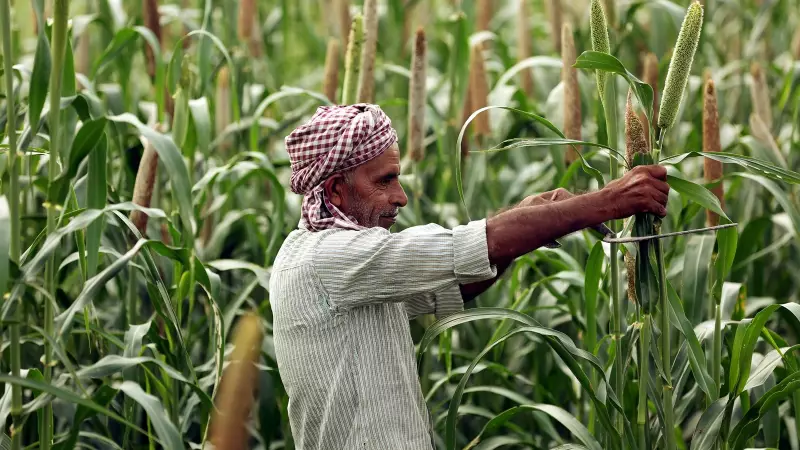
Senior agricultural officers across Punjab are sounding the alarm over significant delays in the supply of vital seeds, including Berseem (green fodder), lentil, gram, and wheat. These seeds, intended to be distributed for free in flood-affected villages and at subsidized rates elsewhere, are arriving long after their optimal sowing periods have ended, creating a massive dilemma for both farmers and district-level officials.
A Missed Sowing Window
The Punjab Agriculture and Farmers’ Welfare Department has only recently begun dispatching these seeds, which were procured under the National Food Security and Nutrition Mission (NFSNM). However, this distribution comes too late. The seeds are reaching districts after the crucial sowing windows for these crops have firmly closed.
Punjab had requested high-yielding seed varieties from the Central government under the NFSNM scheme with the goal of providing them to farmers at subsidized rates. These seeds are particularly valuable as farmers can multiply them for future planting seasons, ensuring long-term benefits. Unfortunately, the delayed delivery has completely disrupted the agricultural calendar.
The Stark Numbers and Timelines
The scale of the delayed supply is substantial. The state received 12,500 quintals of Berseem seed, 5,000 quintals of lentil seed, and several thousand quintals each of wheat and gram seeds.
The timing of the state's demand and the subsequent supply reveals the core of the problem:
- Berseem: The ideal sowing window is between September 15 and October 10. Farmers are already harvesting their first cutting. The state placed its demand on October 23, by which time sowing was long over.
- Wheat, Gram, and Lentils: Their ideal sowing period runs from the end of October until around November 15. Most districts have already completed wheat sowing. The seeds, however, only started arriving around mid-November.
Documents from Chandigarh show the state requested 12,500 quintals of Berseem seed, worth Rs 12.50 crores, on October 23, aiming to cover 50,000 hectares—a plan that was outdated from the moment it was formalized.
Officials Caught in the Crossfire
District-level agriculture officers are now facing immense pressure from senior officials. With farmers having no need for the seeds, the district officials are being instructed to find a way to sell the stock and deposit the proceeds.
One Chief Agriculture Officer from the Malwa region expressed his frustration, stating, "We requested wheat, lentil, and gram seeds in early October, but the department ignored us. Now, when almost all wheat sowing is finished, they are sending us seeds and pressuring us to sell them."
Another officer from the Majha region highlighted the practical impossibility of the situation: "We are stuck with seeds. We can't even use the free seeds because there is no space left in the fields."
The pressure is not just internal. Officers report receiving repeated calls from the National Seeds Corporation and the state Agriculture Department, urging immediate sale. A Chief Agriculture Officer from the Doaba region revealed the threat they are under: "Once the seed enters the district under this scheme, it cannot be returned. We're being pressured to sell it, or face departmental inquiries. But how can we sell seeds when the sowing season is over?"
A senior officer from Ludhiana criticized the chronic nature of such delays, saying, "Every year, inputs under various schemes arrive two to three months late. Farmers cannot delay sowing just because the department is slow. This delay defeats the very purpose of schemes like NFSNM."
Another agriculture officer summarized the sentiment on the ground, calling the situation "wasteful and undue pressure on district officers," who are trapped between the needs of farmers and the demands of their superiors.
Attempts to get a comment from Punjab Agriculture Minister Gurmeet Singh Khuddian were unsuccessful, as he was attending a program, though he was expected to address the issue later.





